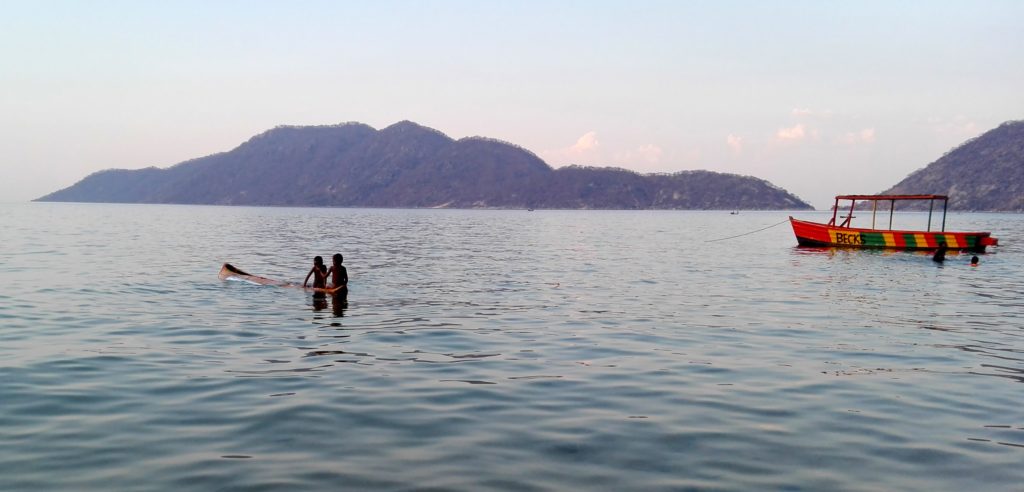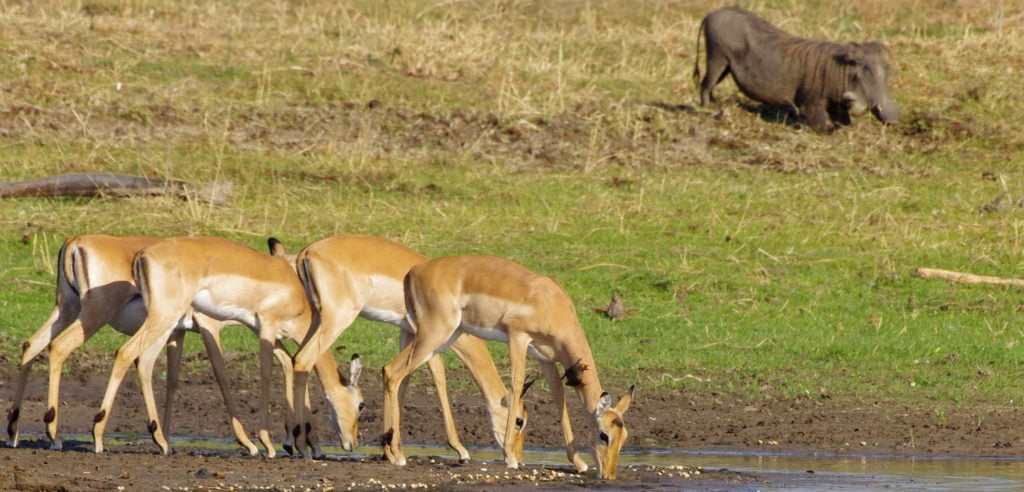Sometimes we write more funny or light things on this website, sometimes maybe it is about cake or about our terrible luck with flights, but also some of the time it is good to think and to write about bigger more serious things, like the battle I see all around me between Man and Nature.
Looking through history it seems that all the time there is this struggle between nature and humankind. So I would like to investigate a bit and to share my own considerations about this ‘battle’ by looking at it using Gaia theory and thinking about some factors like society, business and politics.
This conflict of man against nature we can see all around starting with poems, books, films, documentaries. Usually it’s a human nature or a hero against a force of nature, it could be a storm, tornado or some other disaster. In a way it is like the story of Hemingway where the old man was in a kind of struggle with the sea, or Robinson Crusoe who was trying to survive in the nature.

From my personal perspective it looks that we always have this need to control everything around us and it’s just the same with nature. We want to fight against nature and of course to win. Sometimes it looks like we forgot that we are also part of it. We are connected. It is sad to admit, but we are the only species that makes such a huge negative impact to our globe. We make harm that later on has an impact not just on us but on nature. Sometimes it seems that we want to take everything, but we are not interested in giving.
There are a few theories and philosophies about this topic. I was reading some articles like Pedagogy of the Earth and the Culture of Sustainability or The Vanishing Face of Gaia by J. Lovelock, watching the documentary A Crude Awakening – The oil crash and I started to think more widely about the conflict between man and nature. It made me dig deeper and try to understand about the consequences of this fight, to look at it from different prospective.
To dig deeper and to understand my own and others positions it’s good to know with what I’m dealing. So first of all: “nature”. The definition of that it is easy to understand – it is the natural, physical, or material world or universe. “Nature” can refer to the phenomena of the physical world, and also to life in general. Although humans are part of nature, human activity is often understood as a separate category from other natural phenomena. Then comes: “human” or “man”. “Man” and words derived from it can designate any or even all of the human race regardless of their gender or age. In traditional usage it refers to the species, to humanity, or “mankind”, as a whole. So All theories and philosophies of course are made by human nature.
One of these theories is the Gaia Theory or maybe it should be the Gaia Paradigm. Some people say that it is the best available scientific understanding of Earth as a living system with cultural understandings of human society as a seamless continuum of that system. The paradigm is about us human beings as part of a larger living system. Many people have written and spoken recently about how the Gaia Theory can help us model human activities after the living systems of our planet. This concept gives ideas for creating economic, energy, social and governmental systems. For example it offers insights connected with social areas like health, business, politics, like climate change, energy and agriculture. To me it’s a bit hard to understand fully this theory and suggestion that this living system has automatically controlled global temperature, atmospheric content, ocean salinity, and other factors, which maintains its own habitability.

Humanity for the last decades was able to change nature on a global scale. It would be a long list of issues caused by the existing modes of production. It’s the time of globalization. The fact is that of human nation actions look sad. Half of world’s tropical and temperate forests are gone, half of wetlands are gone, around of 90 percent of the large fish are gone, toxic chemicals are around, global warming, ice sheets are melting, storms and flood, droughts. Especially it effects the poor. And even livelihood, so they need to struggle about surviving, because it brings hunger.
I would like to give example about the neo-colonialist economic policies. Some “developed” countries imposed development objectives, in many cases with a huge violence, and unemployment. It was going together with the economic model, with its sometimes criminal adjustments, ethical values and political ideals were transplanted, which lead to not enough of structuring of peoples and nations. How it was said the development issue lead to the “agony of the planet’. Of course today we have acquired awareness of an imminent catastrophe if we fail to translate that awareness into action to withdraw this predatory view from the term development, conceiving it rather as a more anthropological and less economic manner of saving the Earth.
Humankind always want to improve and I believe we don’t really think about what the future brings. Of course not all of us, but the majority. We call everything development, but where does it lead us? If to say who is wining in the fight between man and nature I would say that always it will be nature. And in my understanding we are just a part of the nature. The part which makes the biggest danger for it. Every plant and animal is living like a part of the system, they help and support each other in a way, but the man feels better or higher that everything else. Everything that man has is supplied by nature, but nature will react if the man will act in harmful way.
Humans’ societies want always more and more. They use the planet as much as possible. One of the biggest resources is oil. And according to some economists it’s not the money that rules us it’s the oil. Nature won’t supply oil for ages, it will come one day when it will end up and man will be in a problem. The oil is used everywhere. Starting from agriculture and industry too simply daily needs. The oil is the factor that runs business, political decisions, and industry. That leads to preservation or actually no preservation, damage for the nature and human beings, and in a way no future. All political decisions most of the time represent business and the richest part of society. The economy is growing, but just for the big businesses, the poor losing the chances and possibilities even to take a part in it. Inequality is growing even if the poverty is slowly going down. The planet is losing resources and conditions are becoming more and more extreme. It would be a mistake not to mention wars because of water. Some of examples might be Palestine and Israel, Republic of South Africa.

Does man want to save the planet?
I believe yes.
But now because of the industrial revolution and our development of technologies we have put ourselves into a cage. Now we need to react and to act fast with great input to help the nature and to help ourselves. Human activity against nature and our planet has reached the top. Hopefully man will come back to nature and will be a part of it without doing harm.
We may envision that a sustainable community exists that lives in harmony with its environment that does not harm other communities. And yes we already think about it and yes there are some ideas. One of it is The Movement for eco-pedagogy gained momentum particularly from the First International Symposium of the Earth Charter in the Perspective of Education, organized by the Paulo Institute, with the support of the Earth Council and UNESCO. The First International Forum on Eco-Pedagogy in 2000 at the Faculty of Psychology and Education of the University of Porto, Portugal made “Eco-Pedagogy Charter. Here there are few examples of principles: The planet as a single community; Earth as the mother, a living organism in evolution; tenderness towards this home; Our address is the Earth; get involved, communicate, share, relate, become motivated.
After all this I would like to share a quote by John Lubbock:
“Earth and sky, woods and fields, lakes and rivers, the mountain and the sea, are excellent schoolmasters, and teach some of us more than we can ever learn from books.”
The man will always lose the fight against nature. If the man wants to win he needs to treat the nature in the best way and to take care.


